Be the first to review this product
PRODUCT DETAILS
CERTIFIED ORGANIC! Paprik Organic pepper seeds produce hardy, vigorous plants that are very productive, even in an open field setting. Sweet not spicy fruits have small seed cavities, so they dry easily, turning from scarlet to dark brown as they do. Fruits average 12cm (4″) long with a narrow conical shape. The plants are compact, also suitable for machine harvesting. The pods are mostly straight with a very small seed cavity that makes it easier to dry and less damage from rain drops on the fruits.
Grow your own paprika – just dry the pods in decorative ristras at the end of summer. When the pods are completely dry, grind them in a clean spice mill to a very fine consistency. The fresh peppers can also be smoked prior to drying for smoked paprika: remove the stems, pith, and seeds from the fruits and cut them into 1/4″ wide strips. Use some wood chips covered in pierced aluminum foil in an outdoor grill to produce the smoke that will flavour your peppers. Then use a dehydrator or simply allow the strips to dry naturally before grinding into powder.
Matures in 90 days. (Open-pollinated seeds)
- Grow your own Paprika
- Sweet red pods dry easily
- Certified Organic seeds
- Good for containers
- Matures in 90 days
All About Paprik Organic
Latin
Capsicum annuum, C. baccatum, and C. chinense Family: Solanaceae
Difficulty
Moderately difficult
Season & Zone
Season: Warm season. Exposure: Full-sun
Timing
Peppers need plenty of time to mature before they will bloom and set fruit. Start indoors six to eight weeks before the last frost date, and grow under bright lights. Transplant only when weather has really warmed up. Night time low temperatures should be consistently above 12°C (55°F) before hardening off pepper plants and transplanting outdoors. Soil temperature for germination: 25-29°C (78-85°F). Seeds should sprout in 10 – 21 days.
Starting
Sow indoors 5mm-1cm (¼-½”) deep. Keep soil as warm as possible. Seedling heating mats speed germination. Try to keep seedlings at 18-24°C (64-75°F) in the day, and 16-18°C (61-64°F) at night. Before they become root-bound, transplant them into 8cm (3″) pots. For greatest possible flower set, try to keep them for 4 weeks at night, about 12°C (55°F). Then transplant them into 15cm (6″) pots, bringing them into a warm room at night, about 21°C (70°F).
Days to Maturity:
From transplant date.
Growing
Soil should have abundant phosphorus and calcium, so add lime and compost to the bed at least three weeks prior to transplanting. Mix ½ cup of balanced organic fertilizer beneath each plant. Though peppers will tolerate dry soil, they will only put on good growth if kept moist. Harden off before planting out 30-60cm (12-24″) apart. Five gallon containers also work well, but require good drainage and regular irrigation. Using plastic mulch with a cloche can increase the temperature by a few degrees. Pinch back growing tips to encourage leaf production. This helps shade the developing fruits and prevents sun-scald in hot summers.
Harvest
Fruit can be picked once it is firm and has reached desired size, however, sweetness can increase dramatically as the fruit ripens. If you pick the peppers when they are still young/green, the plant will keep producing more fruit. Fruit that sets after late August will not usually develop or ripen. Pull out the entire bush just before the first frost and hang it upside down in a warm, dry place to ripen hot peppers.
Seed Info
In optimal conditions at least 65% of seeds will germinate. Usual seed life: 2 years.
Diseases & Pests
To prevent rot and wilt, plant in well-drained soils and follow a strict 4-year crop rotation. If cutworms are a problem, use paper collars at the plant base. Tobacco mosaic virus (TMV): young growth is malformed and leaves are mottled with yellow. To prevent it: wash hands after handling tobacco (including Nicotiana), before touching peppers. Control aphids, which spread the disease.
Companion Planting
Pepper plants make good neighbours for asparagus, basil, carrots, cucumbers, eggplant, endive, oregano, parsley, rosemary, squash, Swiss chard, and tomatoes. Avoid planting them next to beans, Brassicas, or fennel.
| Brand | West Coast Seeds |
|---|---|
| Manufacturer Part Number | PP630A |
| UPC | 687704014900 |
| Family | Peppers |
| Group | Sweet |
| Days to Maturity | 90 |
| Certified Organic | Yes |
| Heirloom | No |
| Open Pollinated | Yes |
| Hybrid | No |
| Pack Options | A pack |
| Package Language | English |
| Shipping Type | Seeds |









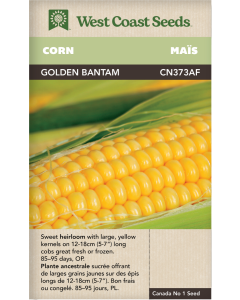


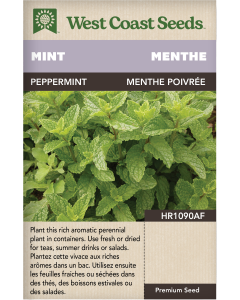


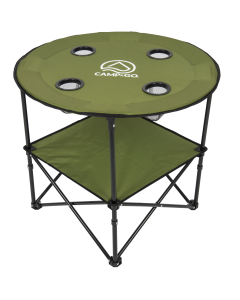
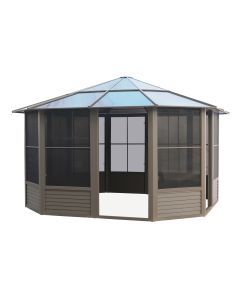
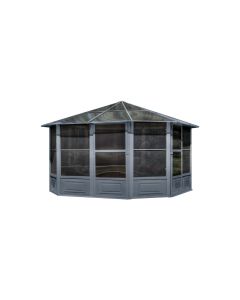
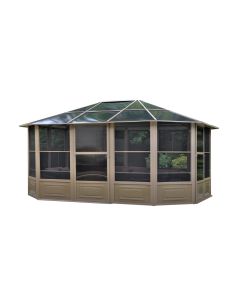
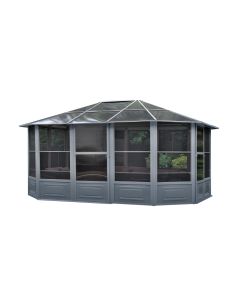
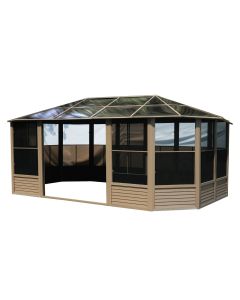
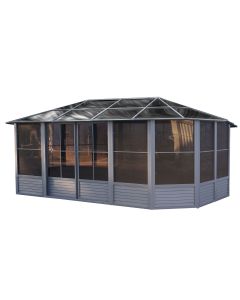
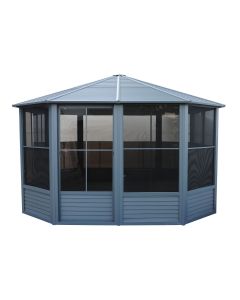
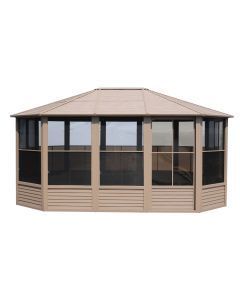
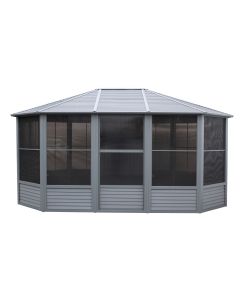

Login and Registration Form